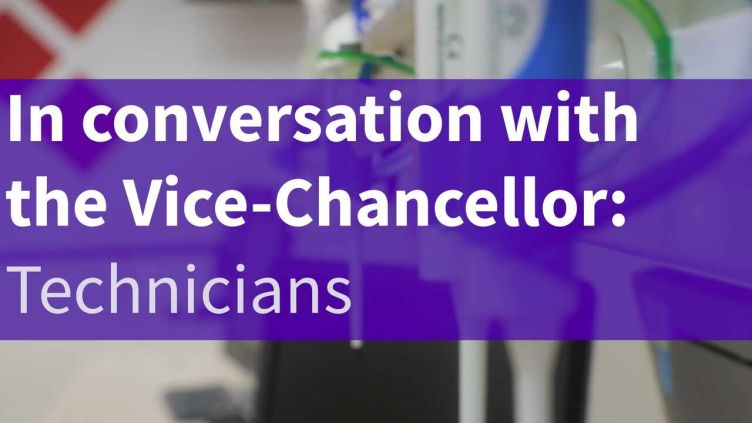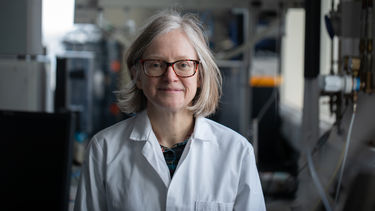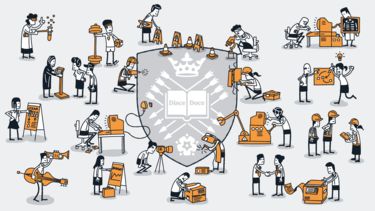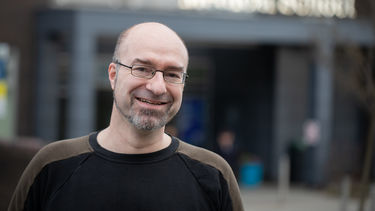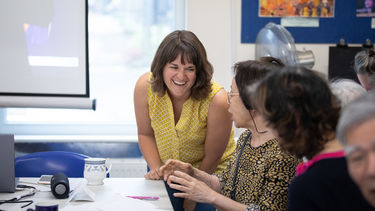Technicians at Sheffield
Building a culture where technical skills and careers are recognised, respected, aspired to, supported, and developed.
Championing technicians
Technical talent and expertise are critical to research, innovation, education – and to the delivery and development of services across our University.
How we're championing technicians
